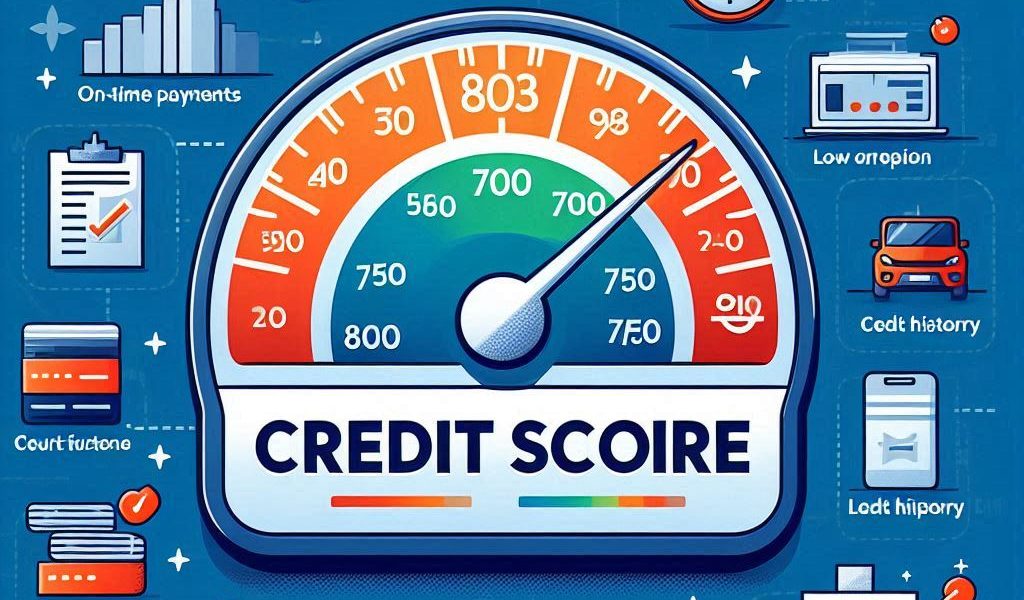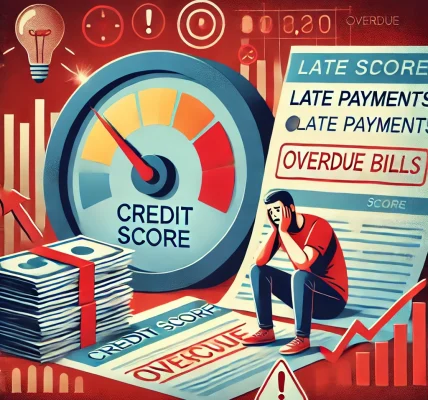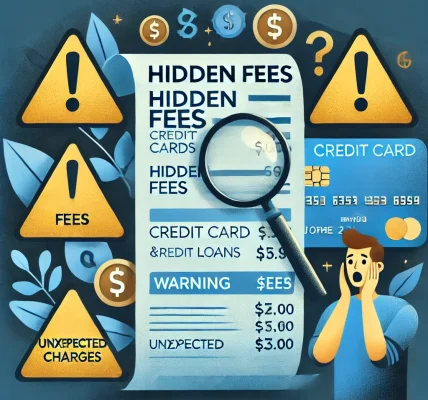A credit score is a crucial financial metric that influences loan approvals, interest rates, and even credit card eligibility in India. Whether you’re applying for a home loan, a personal loan, or a credit card, banks and financial institutions evaluate your creditworthiness using your credit score. Understanding its importance can help you maintain a strong financial profile and gain better access to credit facilities.
What is a Credit Score?
A credit score is a three-digit number ranging from 300 to 900, representing an individual’s creditworthiness. It is calculated based on an individual’s past borrowing and repayment behavior. In India, credit scores are provided by agencies such as CIBIL (TransUnion), Experian, Equifax, and CRIF High Mark.
Why is a Credit Score Important in the Indian Banking System?
1. Determines Loan Eligibility
Banks and NBFCs (Non-Banking Financial Companies) use credit scores to assess the risk of lending money. A higher credit score (750 and above) increases the chances of loan approval, while a lower score may lead to rejection.
2. Influences Interest Rates
A good credit score can help you secure loans at lower interest rates, reducing the overall cost of borrowing. Borrowers with poor credit scores often face higher interest rates as they are considered high-risk customers.
3. Impacts Credit Card Approval & Limits
Financial institutions offer credit cards with better rewards, higher limits, and lower fees to individuals with excellent credit scores. If your score is low, you may receive a lower credit limit or face rejection.
4. Facilitates Quick Loan Approvals
A strong credit score speeds up the loan approval process. Banks prioritize customers with high credit scores, making it easier to access financial assistance in times of need.
5. Essential for Renting Property & Employment Background Checks
Some landlords and employers in India check credit scores to evaluate financial responsibility, especially in high-trust job roles or rental agreements.
Factors Affecting Your Credit Score
1. Payment History (35%)
Timely repayment of loans and credit card bills positively impacts your credit score. Missing payments or defaulting on loans can lead to a lower score.
2. Credit Utilization Ratio (30%)
Keeping credit utilization below 30% of your total available limit helps maintain a high score. Using too much credit frequently indicates financial distress.
3. Credit Mix & Types of Credit (15%)
A diversified credit portfolio, including both secured (home, auto loans) and unsecured loans (personal loans, credit cards), contributes to a better score.
4. Length of Credit History (10%)
A long and well-maintained credit history demonstrates responsible credit behavior, enhancing your credit score.
5. Number of Hard Inquiries (10%)
Frequent loan or credit card applications lead to multiple hard inquiries, which may negatively impact your score. Applying for multiple loans in a short period should be avoided.
How to Improve Your Credit Score?
✅ Pay EMIs and credit card bills on time. ✅ Maintain a low credit utilization ratio. ✅ Avoid applying for multiple loans within a short time frame. ✅ Check your credit report regularly for errors and get them rectified. ✅ Keep old credit accounts open to maintain a long credit history.
Final Thoughts
A good credit score is a gateway to financial stability and better loan opportunities in India. By maintaining financial discipline, making timely payments, and managing credit responsibly, you can enhance your creditworthiness and secure better financial prospects.
Do you monitor your credit score regularly? Share your thoughts in the comments below!




